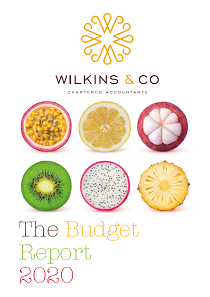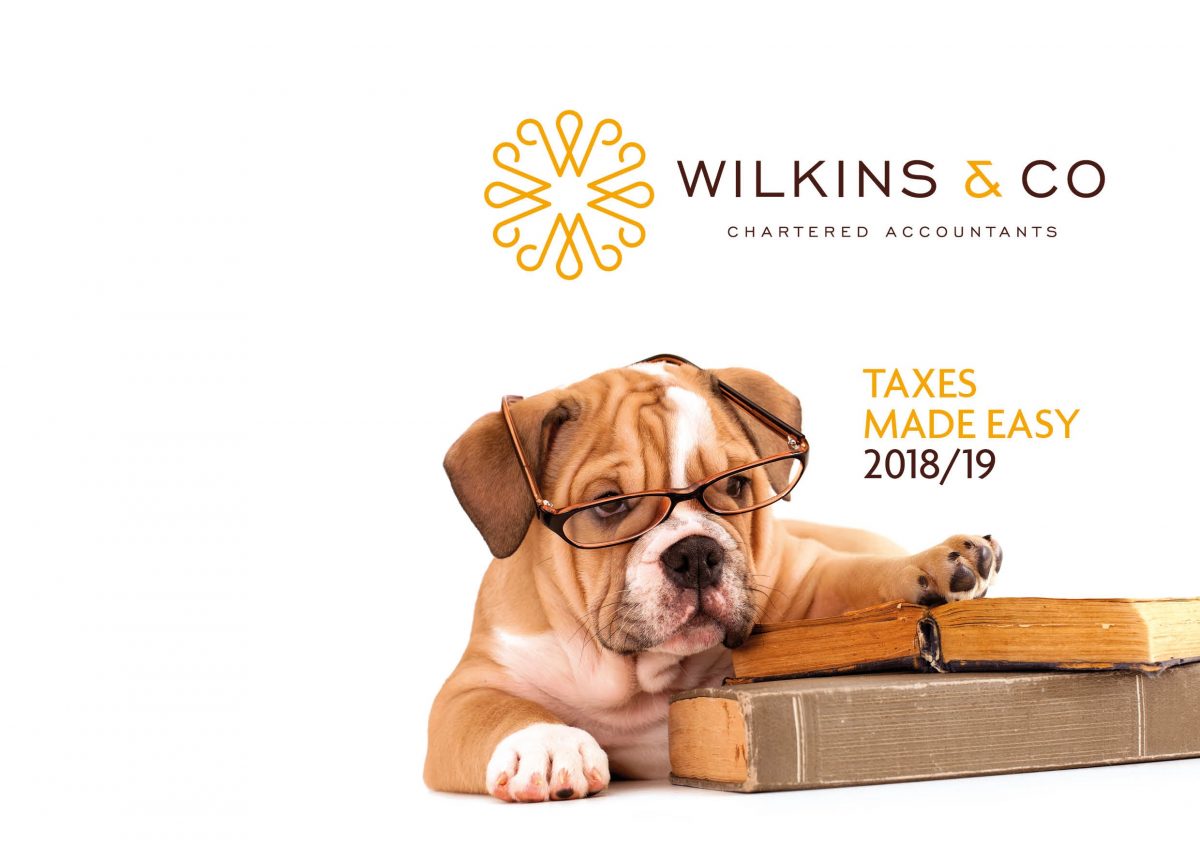We have put together a summary of measures introduced over the last week aimed at helping you get through this period, and highlighted any actions that you may wish to take.
This will be updated as more information becomes available, especially in regard to any help being announced for the self-employed.
As you may expect, much of the detail has not yet been made available, but this is what we know so far…….
Coronavirus Job Retention Scheme
Under the Coronavirus Job Retention Scheme, all UK employers will be able to access support to continue paying part of their employees’ salary for those employees that would otherwise have been made redundant during this crisis.
The scheme will cover the cost of wages backdated to 1 March 2020 and funds should be available before the end of April. It will continue for at least three months, and can include workers who were in employment on 28 February.
To access the scheme:
- you need to designate affected employees as ‘furloughed workers’, and notify employees of this change. “Furloughed” means that the worker is allowed to be absent temporarily from work. Changing the status of employees remains subject to existing employment law and, depending on the employment contract, may be subject to negotiation; and
- submit information to HMRC about the employees that have been furloughed and their earnings through a new online portal. HMRC will set out further details on the information required.
- HMRC will reimburse 80% of furloughed workers wage costs, up to a cap of £2,500 per month.
It is really important to note that to qualify for this scheme the furloughed workers should not undertake ANY work for you during this period.
While HMRC is working urgently to set up a system for reimbursement, it is not ready yet, and funds will not be available until the end of April.
There are no details yet how this may apply to family members on the payroll, directors etc.
ACTION:
If you need to reduce staffing during this period, can you use the scheme? Has anyone been made redundant already that could now be furloughed?
Statutory Sick Pay
- SSP is now available from the first day of absence from work, rather than the previous rules of day 4
- The current rules surrounding eligibility for SSP have not changed, so only workers earning on average over £118 per week are eligible
- SSP is currently £94.25 per week and can be paid for a maximum of 28 weeks
- Those who are self-isolating and who cannot work, even if they themselves are not sick, are eligible for SSP.
- Employers will be able to reclaim 2 weeks of SSP for employees who are off work or self-isolating due to COVID-19.
ACTION:
Make sure your staff are aware of your sick pay policy and what they need to do should they have to self-isolate.
VAT
The next quarter of VAT payments can be deferred. The deferral will apply for periods ending between 20 March 2020 until 30 June 2020. You will have until the end of the 2020-21 tax year to get your payments up to date. There will be no penalties etc for not paying your vat in this period.
VAT refunds will continue to be paid as normal.
The deferral is automatic and businesses do not need to apply for it.
ACTION:
Don’t pay your next VAT payment, though your return should be submitted as normal. If payment is usually by Direct Debit, make sure you cancel this with your bank.
Income Tax payments
All income Tax payments due in July 2020 under the Self-Assessment system will be deferred to January 2021.
There is no need to apply for this deferral – it will be applied automatically. No penalties or interest for late payment will be charged in the deferral period.
ACTION:
Do not pay your self-assessment payment on account bill that was due at 31 July 2020.
Business Rates and cash grants
- No rates payable for the 2020-2021 tax year for any business in the retail, hospitality or leisure sectors.
- In those sectors, if your rateable value is between £15K and £51k, you’ll also receive a cash grant of up to £25,000 per property.
- Any business which gets small business rates relief, including those in the retail, hospitality or leisure sectors, will receive a cash grant of £10,000
- This help will be administered by local authorities and should be delivered automatically, without businesses needing to claim.
ACTION:
The rates holiday is automatic, so no action is needed from you.
HMRC Time to Pay
HMRC’s Time to Pay scheme can enable firms and individuals in temporary financial distress as a result of Covid-19 to delay payment of outstanding tax liabilities. HMRC’s dedicated Covid-19 helpline provides practical help and advice on 0800 0159 559.
ACTION:
If you have any tax bill due that you are going to struggle to pay, call HMRC in advance.
Coronavirus Business Interruption Loan Scheme
- These will be available from Monday 23 March and are delivered all the major banks. The lender receives a guarantee of 80% of the loan amount from the government.
- The loan period can be for up to 10 years. The borrower remains liable for 100% of the debt.
- No interest will be charged for the first 12 months. Interest rates offered on these loans are likely to be high, as they are high -risk loans for the bank. Overpayment will be permitted to repay the loans early if possible
- Banks will require financial statements, management accounts and cashflow forecasts as they would for any normal loan.
ACTION:
If you think you may wish to apply for this loan, contact us so can make sure your accounts are up to date and can help you with a cashflow forecast.
We can put you in touch with a great commercial loans advisor to talk through your options if you are considering taking out a business loan.
We will update this blog as and when more information becomes available.
Please contact us if you want to discuss your accounts and finances at this difficult time.










